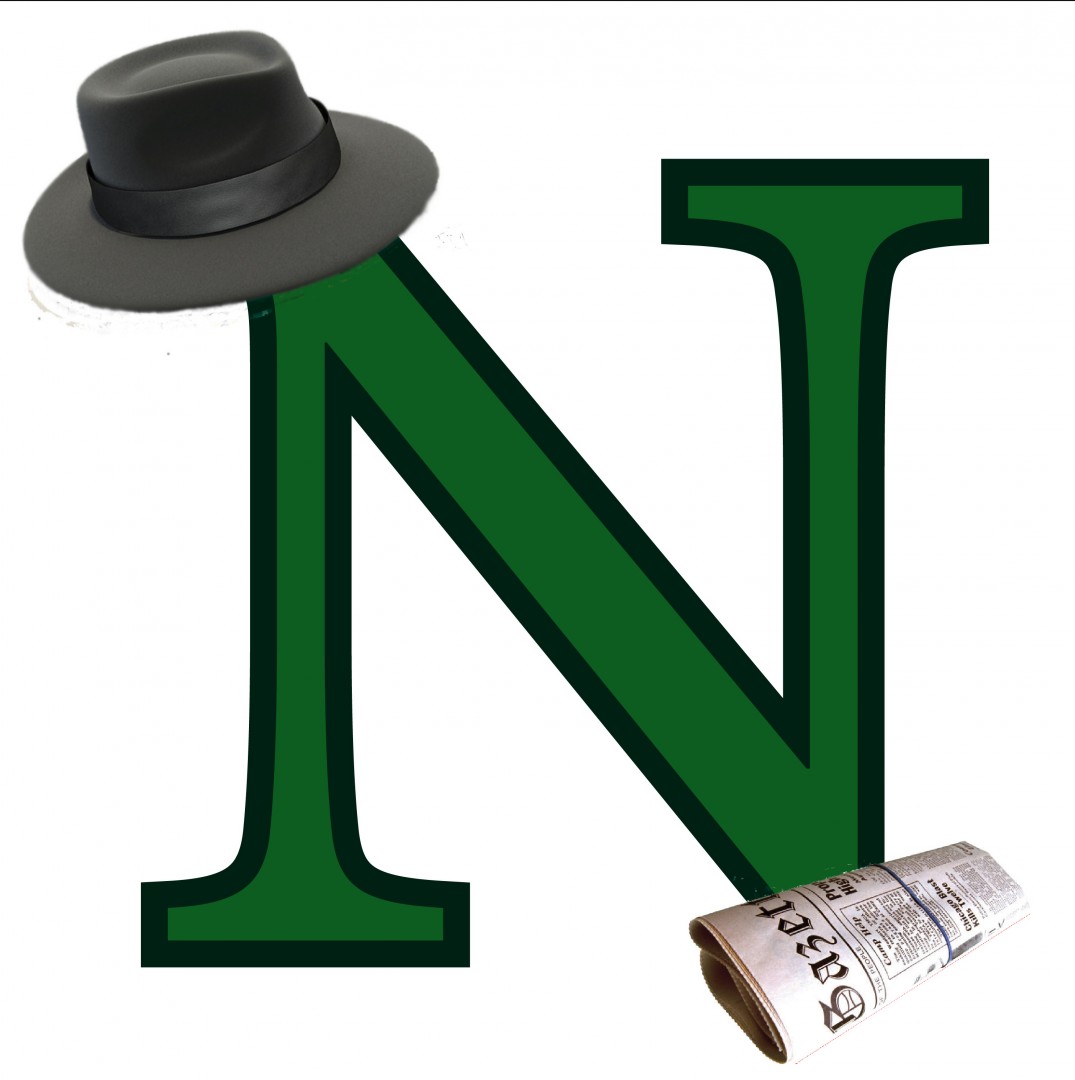A recent gift of $2.5 million to the DU Sturm College of Law will be used toward the school’s experiential learning program.
Four alumni of the law school contributed to the gift, which was donated in December. Roberto Corrada, Sturm College of Law professor and chair of modern learning, said that alumni were very excited about new attempts to make the law school more experiential, and attributes this excitement to the gift the school received.
“These alumni clearly can see that law students would be helped from these kinds of classes,” Corrada said.
The College of Law began creating its strategic plan to integrate experiential learning and further improve its curriculum in 2009 in response to a 2007 report by the Carnegie Foundation, an independent policy and research center, that said law schools were focusing too much on analytical skills and not enough on practical skills and applications. As a part of the process, a committee of faculty, community members and alumni was created to contribute ideas and input.
A series of classes at the Sturm College of Law called the “Carnegie Integrated Course Series” resulted from these efforts. As experiential learning courses, they integrate classroom learning with “real-life” experiences, in which students might practice as lawyers in real cases with the help of a professor, argue a case in a courtroom simulation or shadow a practicing attorney in an externship. An externship is “a monitored work experience where the student establishes intentional learning goals and reflects actively on what is learned throughout their experience,” according to Sturm College of Law’s website.
Corrada had been integrating simulations into his classes for several years before the school decided to improve the curriculum to include experiential learning regularly, so he was selected for the position of “Chair of Modern Learning”, a new position created in response to the gift. Holding this position means that Corrada is in charge of using the money the college received, which he says will be applied to the innovative experiential programming the school has been working on.
“Basically, it gives me a budget to work with,” said Corrada. “Before, I had to go and sort of scratch and plead and beg and get on my knees and say please, please, please find some money somewhere. But now the budget is there through this chair.”
More specifically, he says the money will be used to help faculty expand and improve their courses, integrate the law school curriculum more fully with both theoretical and practical knowledge and bring in experts in the fields of experimental teaching to talk to faculty about how to best go about doing these things. Examples of speakers brought in as a part of these efforts include a co-author of the Carnegie Report, an expert on ethical formation of lawyers and a world leader in teaching classroom simulations.
“The money is really for programming, and to incentivize faculty to change their courses and add these elements,” Corrada said. “We’re doing some pretty innovative stuff here, and the gift allows us to continue that.”
Corrada said the gift will be used as a long-term investment that will allow the law school to continue to innovate in the fields of teaching and learning far into the future.
“You can’t just go out and spend two million dollars,” Corrada said. “The gift produces interest every year, and that interest creates a budget for me to work with.”
In order to ensure that the law school’s innovations remain effective into the future, Corrada said the school will be developing methods of studying and evaluating the new courses being created.
“We think these courses are going to provide better learning for students and make them more practice-ready and make them more prepared to practice as attorneys,” Corrada said, “but we’d like to make sure that is in fact the case.”
The law school’s efforts at innovation were also recognized in the fall, when it was named one of the top 20 most innovative law schools in the U.S. by the National Jurist. Corrada gives credit for the innovative culture of the law school to its Dean, Martin Katz.
“Marty Katz is a real innovator himself and I think he’s tried to incentivize and create a culture of innovation here in the law school, beyond just these courses,” said Corrada. “None of this would’ve happened without him.”











